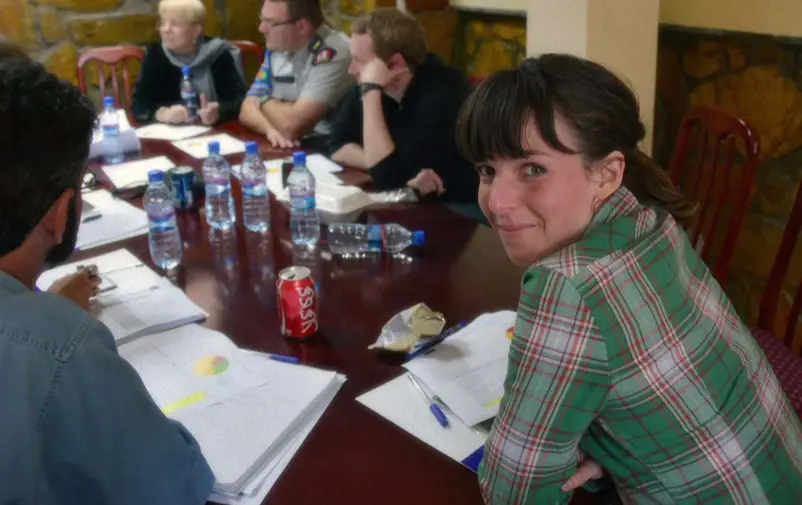
The 1325 Scholarship was established in memory of gender equality expert and peacebuilder Zaida Catalán.
Constitution-making holds a central role in the promotion of the rule of law. It is a process at the heart of national sovereignty and must be nationally owned and led. However, international and regional actors have started playing an important role in advising and assisting such processes. This study discusses the chief trends in constitutional assistance.
Constitutions provide for the basic rules, procedures and institutions that set the conditions for rule of law at the national level. This study focuses on the evolving role of international and regional actors in providing constitutional assistance to national actors engaged in both the narrow technical process of drafting or amending constitutional texts (constitution-making) and the broader societal project of ensuring that such texts fulfil their potential by providing fair, legitimate and effective parameters for democratic governance (constitution-building).
The report identifies trends that have shaped contemporary constitutional assistance. It also goes on to map the roles of international and regional actors in constitutional assistance, including the UN, bilateral donors and aid agencies, inter- and non-governmental organisations, academic institutions, and regional organisations. The report concludes with a set of recommendations.
MORE FROM HOME
Are you a young peacebuilder at the beginning of your career with a strong commitment to women, peace and security? Do you have experience working in this field in the Democratic Republic of Congo or Afghanistan and want to take your commitment to the next level? Then you have the opportunity to apply for the 1325 scholarship for 2026.
2025-11-06 15:30FBA has both increased and adapted its work in Ukraine in the wake of Russia's invasion.
FBA in UkraineKlara Grenhagen works as a specialist at FBA's Africa unit with a focus on dialogue, reconciliation and peace processes.
More about our expertsFBA is part of Sweden’s development aid within the area of peace and security
Read more about the countries where we work